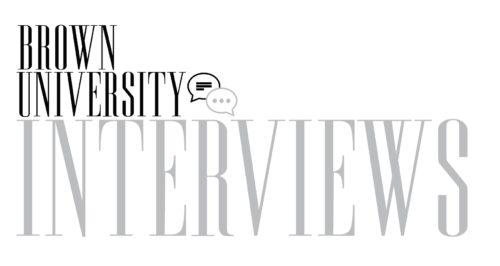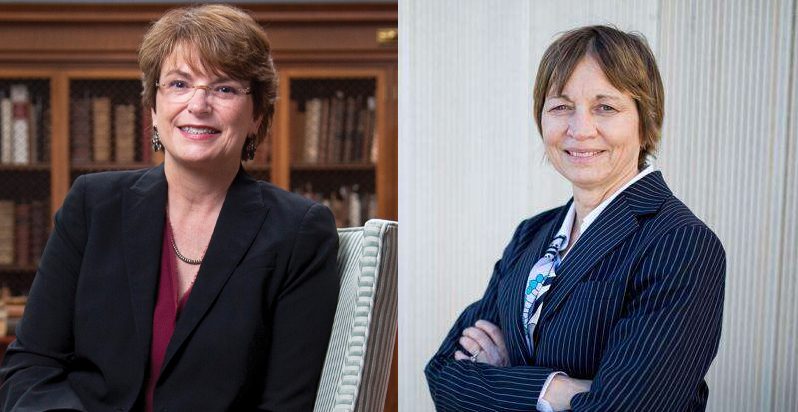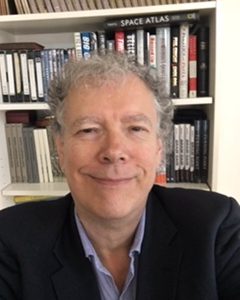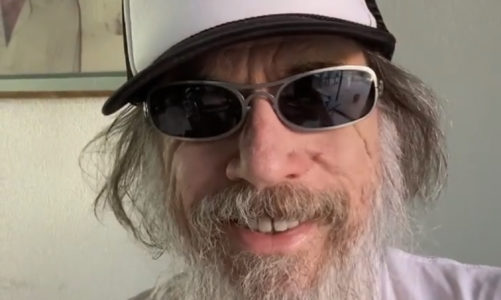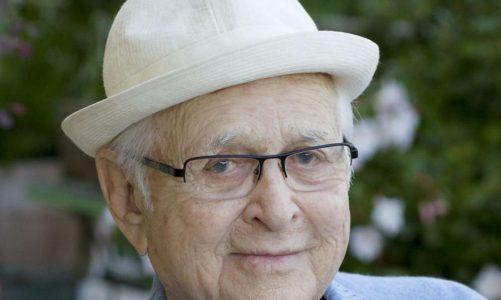Brown Interviews’ “Conversations” series features industry leaders and luminaries in dialogue with one another. These discussions range from the internationally applicable to the intimately personal.
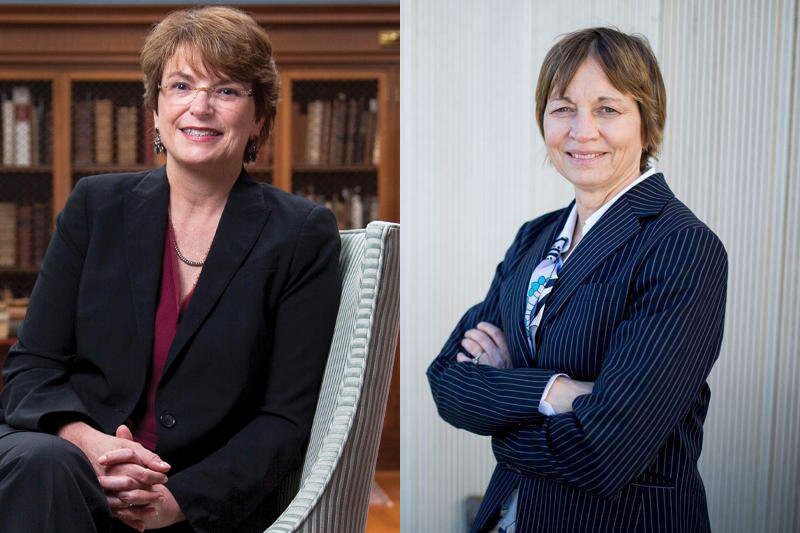
Christina Hull Paxson is the nineteenth President of Brown University, currently serving her ninth year in office. She is also a Professor of Economics and Public Policy. After graduating with a degree in economics from Swarthmore College, Paxson entered Columbia University School of Business, and ultimately transferred to Columbia Graduate School of Arts and Sciences to earn an M.A. and Ph.D. in economics. In the 2008 academic year, she served as chairwoman of the Princeton department of economics. She also founded the Center for Health and Wellbeing, an interdisciplinary research center based in Princeton’s Woodrow Wilson School. She is a member of the Council on Foreign Relations and has been elected to the Academy of Arts and Sciences. A small sample of progress under President Paxson’s stewardship includes the fortification of Brown as a leading research university, the implementation of a comprehensive “Pathways to Diversity and Inclusion” action plan, and the launch of “The Brown Promise,” a first of its kind financial aid initiative that has eliminated loans from the financial aid packages awarded by the University. She lives on College Hill with her husband and dogs.
Maria Zuber ’86 is a geophysicist, Vice President for Research at the Massachusetts Institute of Technology, and Co-Chair of President Joe Biden’s Council of Advisors on Science and Technology (PCAST). She is one of the first cabinet members dedicated to issues of science and technology in the history of the United States. Zuber was previously a member of the National Science Board and has taken part in over half a dozen NASA planetary missions. She was the principal investigator for the Gravity Recovery and Interior Laboratory (GRAIL) Mission, which was managed by NASA’s Jet Propulsion Laboratory. Zuber holds a bachelor’s degree in astronomy from the University of Pennsylvania and Sc.M. and Ph.D. degrees in geophysics from Brown University. Zuber’s research specialty is the structure and tectonics of solid solar system objects. She is considered a pioneer in the measurement of the shapes of the surfaces of the inner planets, and in interpreting what those shapes mean for internal structure and dynamics, thermal history, and surface-atmosphere interactions. An aggressively abridged overview of her accolades include the NASA Distinguished Public Service Medal (2004), an Honorary Doctorate of Science from Brown University (2008), named as one of America’s Best Leaders in U.S. News and World Report – the first woman to receive the title (2008), NASA Exceptional Achievement for Science, Lunar Reconnaissance Orbiter Science Team (2013), and the Gerard P. Kuiper Prize in Planetary Sciences (2019). Zuber also generously serves as a senior fellow on Brown’s board of trustees, The Corporation.
President Paxson: Thank you so much for joining me. I’m thrilled that you’ve been able to make time for this conversation. You are the co-chair for President’s Council of Advisors on Science and Technology, otherwise known as PCAST. This council directly advises President Biden on matters that require detailed, scientific or technical understanding. The President has also elevated the White House Office of Science and Technology Policy to the cabinet level and made it clear that science is at the forefront of this presidential administration.
We’re very proud of you at Brown. You earned your PhD in geophysics from Brown in 1986. You’re a senior fellow on the Brown Corporation, and your background is in geophysics and planetary science. You were the first woman to lead a NASA spacecraft mission. And now, you and Frances Arnold are the first women to serve as co-chairs of PCAST. To begin our conversation, what was your first thought when you heard that President Biden wanted you to serve in this role? And what do you hope PCAST will accomplish in this administration?
Maria Zuber: There’ve been just a handful of times in my life where something like that happens and you just ask yourself how you got there. How did this happen? And it’s extremely exciting for a short period of time. And then you realize the magnitude of the responsibility. You wake up the next day and it causes you to go out and rethink your goals and the need to raise your game. And that’s certainly the situation that I was in.
President Paxson: The President has asked his science team to focus on a number of specific things: the pandemic, the economy, and inequality, climate change, global competitiveness and long-term trust in science, which is an amazing list. What fundamental strategies need to be applied across all of these pressing challenges? How do you see this the work of PCAST in advancing issues like this?
Maria Zuber: The topics are very weighty. And actually, that is as it should be because it’s the President’s agenda and the President’s agenda ought to be ambitious and needs to be ambitious. The good news there is that the President feels that science has an important role to play in the future of the country. So, for him, it’s all about evidence-based decision-making. And there’s an important role for both science and scientific uncertainty. And science is not the only consideration in decision-making, but it’s an important aspect of decision making. And the fact that the science advisor has now been raised to the cabinet level, indicates that whenever there’s discussion of matters that are important enough that they rise to the level of the President, that science is represented at the table when those are being discussed. And that is as it should be, I think.
President Paxson: I think it’s fair to say that science and technology weren’t at the forefront of the previous administration’s agenda. In fact, science and facts have often been questioned. That raises a set of issues about the long-term consequences of that public mindset in which science is questioned and challenged? How do you go about rebuilding trust in science? What needs to happen to get to a good place?
Maria Zuber: If science isn’t considered, it prevents us or certainly slows us down in designing solutions to problems. For example, from the early days of the pandemic, the response was in many respects driven by politics, not science. And as a consequence, the U.S. has 4% of the global population, but 25% of COVID cases. And climate change is a longer-term problem, but the effects are beginning to be felt and the problem isn’t going to go away without confronting it. In terms of rebuilding trust in science, people need to view science and scientists as part of the solutions of the problem rather than part of the problem. Climate change is a good example of this. The decision to drop out of the Paris Agreement. The problem here isn’t the science. There’s some uncertainty associated with the science, but there’s plenty of knowledge of science to be able to act.
The problem is either the real or perceived overregulation that is going to hurt the economy and eliminate jobs in carbon-intensive industries. The key to rebuilding trust is to be forthright and to confront what the real concerns are. Overregulation that hurts the economy is a problem. Loss of jobs associated with the clean energy transition is a problem. We should deal with those very real issues rather than to say climate change isn’t a problem. And scientists need to be viewed, not just as people in an ivory tower, who are trying to come up with findings that require regulation. Scientists are your relatives, they’re members of your community. They care about communities. That’s going to be a part of our job is trying to show that what science brings is actually going to help people.
President Paxson: You mentioned dropping out of the Paris Climate Agreement. President Biden has signed an executive order rejoining the Paris Climate Agreement, which is a really powerful signal. I know from previous discussions with you over many years that you care deeply about climate change. What needs to be done next to really make meaningful progress in combating climate change?
Maria Zuber: I think I alluded to this a little bit earlier. I think the real problem is fear of change, fear of change that hurts the economy and kills jobs. All indications are that the transition to a zero-carbon energy system is going to create more jobs than are lost. Because new industries are going to be developed. It’s going to open opportunities and there are going to be people who benefit from that. But if those new jobs aren’t going to people who have been displaced out of the old jobs, then we’re going to have a problem. And that’s been the issue so far. As an integral part of the development of the new economy, it is absolutely essential that we be thinking about the equity issue of how we steer these new industries to the areas where jobs have been lost.
My family all came from Pennsylvania and they were all coal miners. And most of those jobs were lost in the early 1960s. And those areas still haven’t recovered to this day. And it’s an exceedingly tough problem. I’m delighted to say that the president, who comes from the same part of the world as I did, knows those communities personally, and is really committed to finding solutions that work for people in those and other areas that have suffered economically due to change.
President Paxson: It’s interesting, these political economy issues are some of the most important things here.
Maria Zuber: They absolutely are. I think infrastructure is another part of it. It was a priority in the last administration to get an infrastructure bill going, and it actually had bipartisan support. And it didn’t manage to progress in a way that we all wanted. But in replacing the crumpling infrastructure with new infrastructure, clearly there are jobs there. Then the opportunity of renewal in a low carbon manner is going to create additional opportunity. The idea of building materials that have a low carbon footprint. Concrete and steel are both carbon intensive to produce. There’s a lot of innovation associated with decarbonizing these. I just see just plenty of potential opportunity that addresses the infrastructure, produces jobs and decarbonizes the economy as well.
President Paxson: Let’s talk a little bit about the pandemic. It’s been more than 100 years since the last pandemic. Sadly, we won’t have to wait that long for the next pandemic. It could come sooner than we think. This is true in part, because of the impacts of humans on the natural world. What are we learning from this pandemic that could help us prepare better? How do we ensure that we don’t just forget about it and forego building up our public health infrastructure?
Maria Zuber: I think the relatively simple issue of just making sure that we have the proper amount of PPE and that we have U.S. companies that have the capability of producing PPE (personal protective equipment). Companies figured it out, but in the early months we were relying on our friends in China to help us out in that regard. I think one can’t underscore the importance of leadership at the national level in terms of preparedness and in terms of consistent messaging about what’s in the interest with public health. We’ve had situations where the science of the virus was overwhelmed by the politics of wearing a mask. And lives were lost because of that. We need to convey truthful, straightforward, nonpolitical messaging about what’s in the interest of public health.
Another really crucial link is providing both guidance and resources at the state level and at the municipal level. There were so many cities and towns who didn’t have the resources to deal with the problem. They didn’t know what to do, and even if they had resources, because the messaging was inconsistent. I think national coordination and then providing guidance and information that states and municipalities need to get on top of the public health problem. The ability to test quickly is important. Universities were in a lot of ways model citizens in this regard because they were able to put into place the testing programs. Towns were worried about their universities as sources of the virus and overwhelmingly that turned out to be not one of the problems.
President Paxson: Another issue that’s come out of the pandemic is how it’s exacerbated inequalities. The President has said that one of his goals is ensuring that the fruits of science and technology are fully shared across all Americans. More generally, coming out of this pandemic, we have to address growing economic inequality. How do you think about that? It’s an economic agenda, but it does intersect with the science agenda too.
Maria Zuber: The two are intimately related and it actually makes me regret that I didn’t take economics courses when I was in college because it sure would’ve come in handy now. if one looks historically at areas that have undergone economic downturns and then have turned themselves around, many of those areas are areas that have good universities around them – and not just the elite universities, but most states have a very good flagship university that are a source of jobs. And importantly, a source of training. They’re graduating people with the skills that local economies need. Businesses tend to be attracted to those areas. What gives me a little bit of hope is that we can address the fact that not all the communities that need economic revitalization have a nearby college or university is the fact that we’ve proven that remote learning can really work – not only remote learning, but remote work.
I think now we have the possibility that people can have jobs that are remote from the mothership, so to speak, and people can learn remote from the mothership. If you’re eighteen-years-old and you’re growing up in a town without economic opportunity, you can move someplace else pretty easily. But if you’re middle aged, and you’ve got a mortgage, and you’ve got elderly parents that you need to stay near, you can’t necessarily uproot yourself very easily and move someplace else. Possibly, one of the positive things that will come out of the pandemic is the realization that people can work very effectively remotely. As far as education, while we definitely see the benefit of in-person instruction, we know remote learning can work, especially if done in bite size chunks. People can gain skills, which allows for the possibility that we can revitalize areas that are not close to cities and major universities.
President Paxson: Many students will be reading this interview. It’s always fascinating to learn about what sparked careers. What first drew you to the world of science?
Maria Zuber: Well, the truth of the matter is that I didn’t choose science, science chose me. The stories in my family are legendary about me in my playpen jumping up and down and pointing to the television when the first rockets were taking off. And all I’ve ever, ever, ever wanted to do was study space. In fact, I never really ever wanted to work. I just wanted to study space. And so that kind of took care of itself. For me, the attraction was discovery. The attraction was looking at space and trying to know what was there. But somewhere along the way, I think maybe it was the idea that I’m having too much fun and the thought of civic responsibility set in. It became apparent to me that science was also a way to help people and to help communities. My interest in science has broadened from space, but to trying to find ways that science could be used to help other people.
President Paxson: Do you ever imagine a time when you’ll just go back and just study space?
Maria Zuber: I don’t plan that far, actually. But it sounds delightful.
President Paxson: What advice would you give to students considering a career in science? People talk a lot about how hard it is to get a PhD, and go through the postdoc process and so on. Do you have advice for people who are thinking about this?
Maria Zuber: What I would say is most scientists like their jobs. I can’t imagine what it would be like to wake up in the morning and to not look forward to going to work or to doing work. In particular, in academia, people say it’s such a hard slog and it’s all this work. The fact of the matter is you teach a course and you have to be in the classroom these hours a week. And then certain other things happen where you have to be somewhere at a certain time. But you really have a lot of freedom, both to set your schedule and in terms of what you actually work on.
And that just can’t be underestimated. I remember when one of my sons was a senior in high school. I made it a priority to try to get to his soccer games. I remember I went to 18 of 21 soccer games his senior year. I think I took 11 red eyes from the west coast out of 13 weeks in the semester in order to be able to do that. But it absolutely meant the world to me and it didn’t feel like a slog. My encouragement is to say that you will have a job that you will like, and you will have a fair amount of freedom to be able to juggle things around to be able to do it. It’s a profession that is really rewarding and can help people.
*This conversation has been edited for length and clarity.
